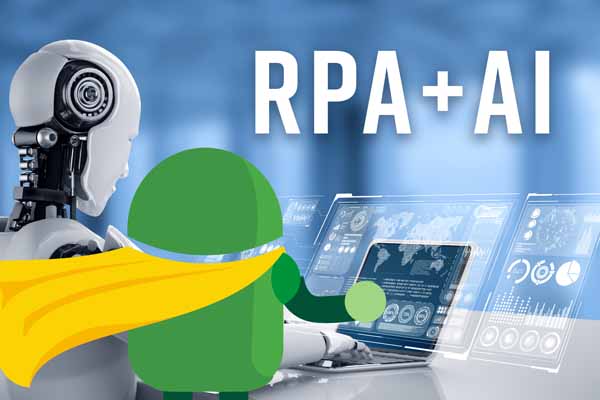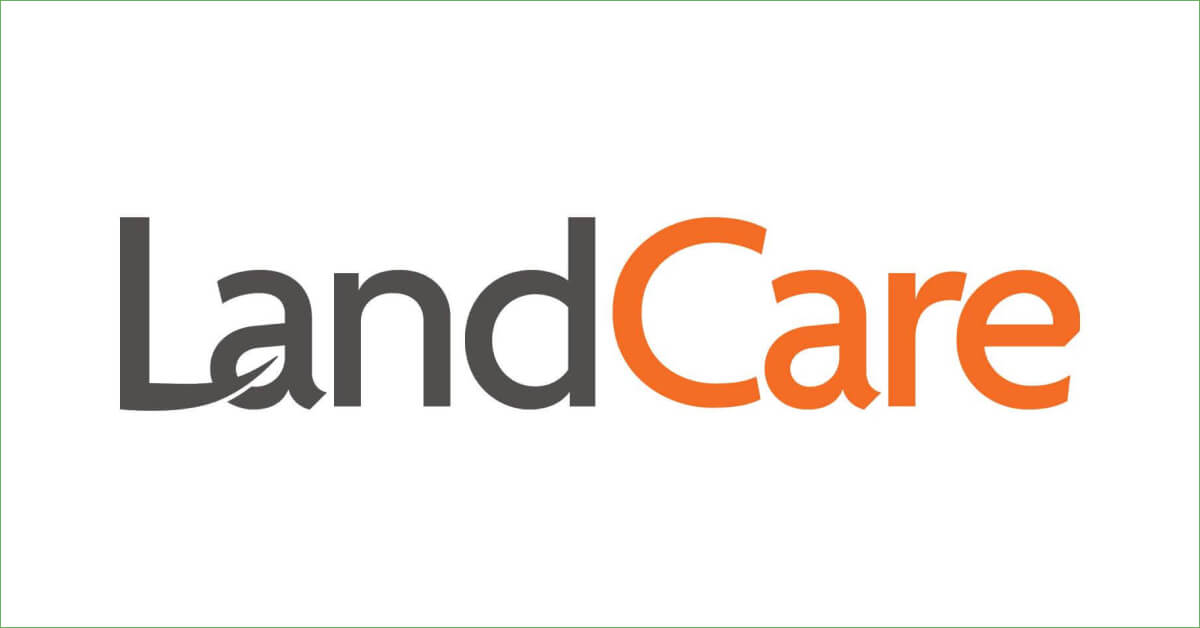RPA vs. AI What’s the difference? How can they work together? More and more businesses are increasingly automating their processes to stay competitive in the current volatile marketplace. A McKinsey’s 2020 global survey of business leaders found that 31 percent of businesses have fully automated at least one function, up from 29 percent in 2018. Another 66 percent were piloting solutions to automate at least one business process, up from 57 percent two years earlier. Business process automation helps businesses increase efficiency, reduce costs and time while improving the bottom line.
Artificial intelligence (AI) and Robotic Process Automation (RPA) are two of the most successful and widely used technologies by organizations to automate their processes. But what is the difference between the two, and which is the best for your organization? Read on to find out:
What is Robotic Process Automation?
Robotic Process Automation (RPA) is a software technology that builds, deploys, and manages software robots to emulate human actions when interacting with digital systems and other software. RPA can do things that people do like reading and compiling what is on a screen, navigating systems, identifying and extracting data, completing the right keystrokes, and performing several other defined actions. However, unlike humans, software robots are way faster, more consistent and precise.
RPA helps organizations to streamline their workflows for more profitability, flexibility and responsiveness. It also boosts employee satisfaction, engagements, and productivity by eliminating mundane, repetitive, and tedious tasks from their workdays. How Is It Used in Finance and Accounting? The financial industry is among those that faced unprecedented challenges in 2021. Businesses and companies can minimize risks and fortify their standing by implementing RPA for finance and accounting functions. The following are a few robotic process automation use cases in finance and accounting:
RPA in accounts payable:
Accounts payable tasks are manually intensive, thanks to myriads of vendor invoices that are not standardized. RPA bots can help ease this problem by automatically selecting different types of invoices and directing them to the relevant approval teams. RPA bots also automatically match purchase orders and receiving information with necessary invoices and flag mismatches to reduce risks of errors and theft. Specific RPA accounts payable use cases include:
- Vendor invoice processing
- Responding to vendor inquiries
- Managing payment
- Cross-checking vendor invoice with the purchasing order
- Creating a central archive that links documents associated with each AP invoice that is processed
RPA in accounts receivable:
Accounts receivable tasks done manually are time-consuming and error-prone. RPA in accounts receivable removes the risk of man-made errors while Proforma Invoice is being drafted. RPA also enables a faster payment of invoices since the system automatically emails them to clients and sends reminders when payment is due. Other areas that can benefit from finance automation include:
- Customer credit and monitoring
- Invoice distribution
- Cash application
- Deduction and short pay management
Finance reconciliations:
You can also use RPA to automate several reconciliations processes. A programmed bot can help check and reconcile several orders and transactional data from multiple sources. An RPA system can automatically approve the matching orders and red flag those with discrepancies. RPA can also help streamline bank reconciliations by creating journal entries, validating balances and transactions, downloading bank statements, and linking them to user accounts.
What Is Artificial Intelligence?
AI is a technology that builds, deploys, and manages smart machines capable of performing tasks that typically require human intelligence. AI processes simulate human intelligence in machines by programming them to mimic human behavior and decision making. A subset of AI is Machine Learning, a concept that enables computer programs to automatically learn from and adapt to huge amounts of new data without being assisted by humans.
Machine Learning leverages Deep Learning techniques to allow this automatic learning by absorbing vast amounts of unstructured data, including video, images, and texts. Businesses across multiple niches use AI to increase sales, detect fraud, improve customer experience, automate work processes and enable predictive analysis.
How Is AI Used in Finance and Accounting?
Like in every other industry, artificial intelligence is making a significant impact in accounting and finance. AI-enabled systems for accounting and finance are helping firms save time, money and gain valuable insights that enable them to stay competitive. The following are some of the use cases of AI in finance and accounting:
Pay and receive processing:
AI based invoice management systems are helping businesses make invoice processing efficient and quick. Digital machines leveraging AI are learning the accounting codes that best suit every invoice for faster invoicing processes.
Supplier onboarding:
AI-powered systems help screen suppliers by assessing their crucial details, such as the tax details and credit scores. AI tools can screen a long list of suppliers to check if they meet company requirements and industry compliance without the need for human intervention.
Procurement:
Procurement processes are manually intensive and involve various systems and disparate data. Businesses can use AI machines to process unstructured data using API and automate the entire procurement process.
Business Audits:
AI enables digitization in the audit processes to improve efficiency and enhance security. The following are a few ways to transform auditing with machine learning and achieve increased productivity and accuracy:
- Automation of manual tasks for auditors, including documentation
- Analysis of a vast volume of structured and unstructured financial transaction data
- Identifying discrepancies like unusual payments and other activities that would not be caught by manual auditing
- Predicting future risks and events through analysis of historical transaction data
AI in monthly and quarterly cash flows:
AI-powered machines can help provide great insights into your monthly and quarterly cash flows. You can leverage AI-powered machines to collect and interrogate your monthly, quarterly, or annual cash flow quickly and efficiently.
Expense management:
You can use AI machines to revise and finalize your expenses to confirm they are compliant according to the set company norms and standards. AI machines can read and interpret expense data quickly and efficiently and alert your human workforce whenever a breach occurs.
What Is the Difference Between RPA and AI?
The primary difference between RPA and AI is the existence of some level of intelligence and creativity or ability to learn and the lack of it.
RPA robots are programmed to perform the same way every time. They typically don’t learn from each repetition and cannot improvise a programmed task. RPA robots usually don’t make people redundant. Instead, they act more like virtual assistants that let the workforce offload repetitive and mundane tasks that consume valuable time.
On the other hand, AI or machine learning uses structured and semi-structured historical data to “learn” and improve programmed tasks by observing and changing its environment.
Can RPA And AI Work Together?
The best automation strategy for businesses and organizations involves combining both AI and RPA to drive operational enterprise efficiencies. When leveraged properly, a combination of RPA and AI technologies results in significant savings in terms of cost and time and optimized business operations.
However, successful implementation of both AI and RPA depends on your choice of the right IT partner with ideal tools and resources for automation. At Centreviews, we have deep expertise and a proven track record in both RPA and AI integrations designed to help organizations build their digital workforce. We help businesses gain efficiencies and improve profitability by automating accounts receivable (AR) and accounts payable (AP) processes with Robotic Process Automation (RPA). Contact Centreviews today to learn more about our automation solutions.



















